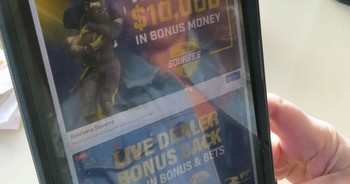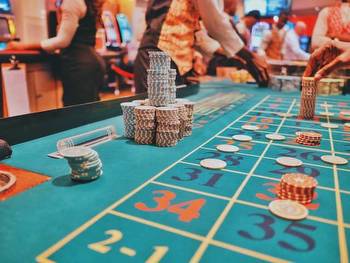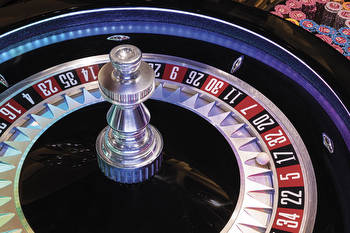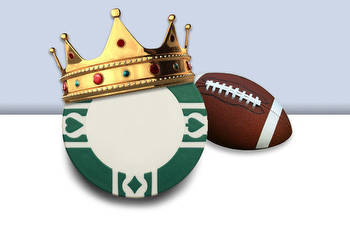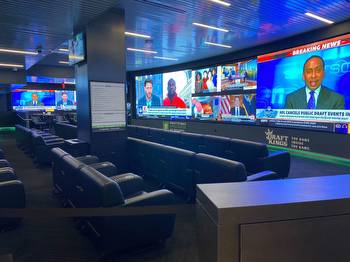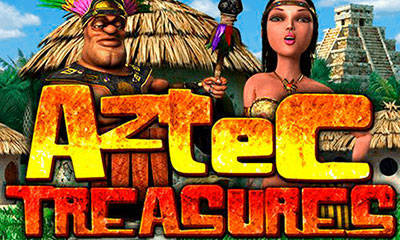Poker is endangered in Iowa. Could online gambling save it?

The gambling industry in Iowa is basically a protectionist mob. The laws are carefully crafted to shield existing casinos from market competition — or as they call it, “cannibalization.”
That’s one of the big reasons the industry is slow to embrace internet gambling. Policymakers and lobbyists are weighing new betting methods against the potential impact on brick-and-mortar casinos.
But they might be on the verge of an epiphany. Gambling revenue is booming since the state legalized sports betting and provided an online component in 2019. Maybe new options aren’t so cannibalizing after all.
“What I'm hearing from a number of the operators is that it really is two different types of customers. … And so at this point in time there isn't a lot of impact,” Brian Ohorilko, director of the Iowa Racing and Gaming Commission, said on Iowa PBS’s “Iowa Press” last week.
Given the success of sports betting, Iowa officials ought to look for more ways to expand legal gambling on the internet. The next sensible step would be online poker, which already has a large illicit market and a burgeoning legal one in a handful of other states.
Last time state lawmakers seriously considered legalizing online poker, the game was in its heyday in Iowa.
At the peak in fiscal year 2011, 16 of Iowa’s 18 licensed casinos had poker tables for a statewide total of 112, according to revenue reports from the Iowa Racing and Gaming Commission. Today, there are just 47 legal poker tables in Iowa spread out among only five casinos. The pandemic is one factor, but Iowa poker rooms were downsizing and closing before COVID-19 came around.
Whatever popularity poker still has, it’s owed in large part to online gambling — the poker boom of the early 2000s was made possible by the internet. Amateurs playing from home started earning seats at in-person tournaments through online satellites and winning huge prizes in professional events.
The number of poker tables statewide dwindled to a low of 11 in 2003, which happens to be the same year the previously unknown Chris Moneymaker won the televised World Series of Poker Main Event, having played his way to Las Vegas from a $39 online tournament. Poker's popularity surged and the number of poker tables in Iowa casinos grew by five times over the following five years.
A 2004 casino omnibus law passed by the Iowa Legislature, which allowed racetracks to offer table games, also contributed to the increase in casino poker games and revenue.
Congress in 2006 passed legislation meant to outlaw most internet gambling. The bill was introduced by former Iowa Republican U.S. Rep. Jim Leach. That and later enforcement actions forced most reputable poker sites to end U.S. operations, though illegal services are still available.
Court decisions since then have cleared the way for states to legalize internet poker. Six states so far have passed laws to authorize and regulate it.
That effort is in an “embryonic stage,” Wes Ehrecke, president of the IowaGaming Association, said on “Iowa Press.” He said he doesn’t expect lawmakers to take it up in 2022 and if they do the casino lobby would be neutral.
Lawmakers undoubtedly would give casinos a stake in online poker, like they did with sports betting. It might be cronyism, but it’s better than internet poker being outlawed.
Far from cannibalizing casino card rooms, internet poker might be the only thing that can save them.
(319) 339-3156; adam.sullivan@thegazette.com









